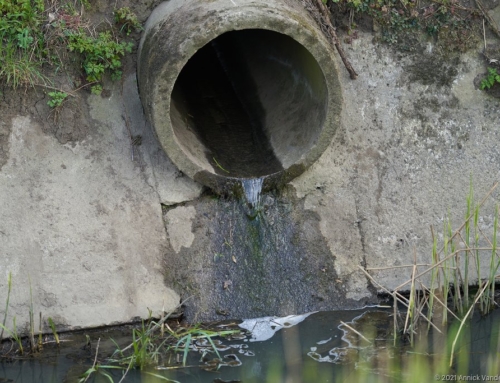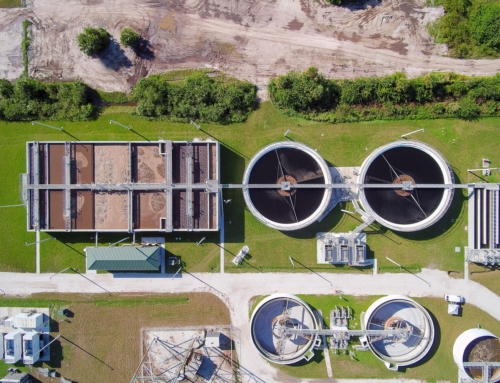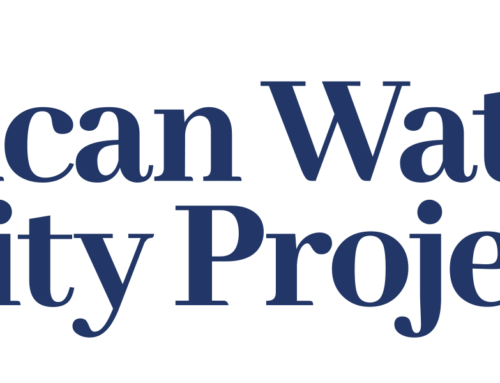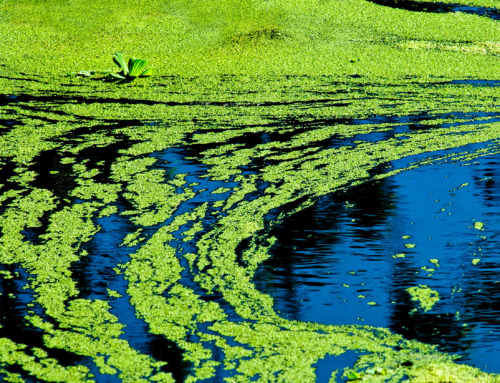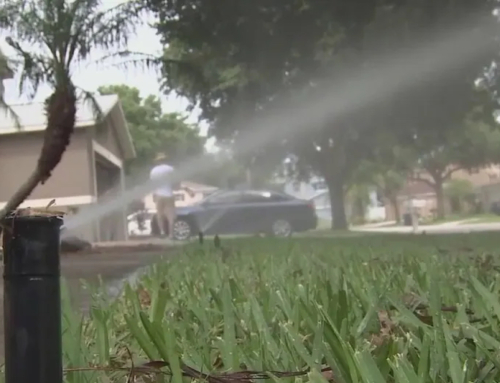Authored by the American Water Security Project’s Executive Director Dr. Brandon D. Shuler, ‘Florida’s economic security depends on water infrastructure investments’ originally appeared in the Tampa Bay Business Journal February 11, 2022.
On the 2022 legislative session’s opening day, Gov. Ron DeSantis made a profound point about Florida’s economy to state lawmakers: “Florida’s economic security is also linked to the stewardship of our natural resources.”
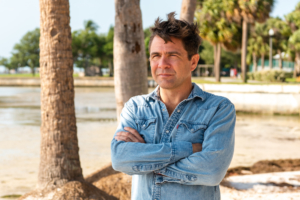
AWSP Executive Director, Dr. Brandon D. Shuler
Discussions about environmental stewardship often pit stewardship against economic growth. But Florida’s unique treasure trove of natural resources are among the state’s most powerful and sustainable economic engines. They are only sustainable and productive, however, if managed properly.
I hope the governor’s remarks will encourage every member to enthusiastically support policies and funding increases for a crucial resource that underpins everything: water. The quality and quantity of water are essential to the Sunshine State’s economic success.
Water quality is a mounting concern in most state waters. Sewage-borne pathogens and nutrient pollution threaten our economic security, through declining property values, beach closures and water bodies too toxic for recreation. Sewage pathogens make swimmers sick. And nutrient-rich pollution from sewage and other land-based sources fuel harmful algal blooms. The blooms have direct, immediate economic repercussions. One study of Florida’s southwest coast finds that red tides “can render the appeal of the Gulf Coast useless,” cause “property prices within five miles of the coast to decline by 10%,” and cause those prices to “decrease more, in a non-linear fashion, as those blooms persist.”
Here in the Tampa Bay region, we’ve all experienced the horrors of wastewater dumping that feeds red tides. As fish and wildlife suffer from the impacts of harmful algal blooms, so do diverse businesses and the jobs they provide. When major economic generators like boating, fishing and beach-related activities lose participants, then restaurants, hotels and stores lose customers.
On top of that, outdoor recreation helps keep us safe, sane and prosperous during the pandemic. Red tides and cyanobacteria (blue-green algae), which scientists agree are becoming more routine, force us inside.
It is mind-boggling that a state with such an advanced economy is awash in human waste.
That’s because many wastewater utility owners divert revenues to other government projects, instead of investing in repairs and improvements that result in water-tight, resilient and modern systems. Modernizing the state’s systems could treat wastewater to advanced levels in volumes that anticipate population increases and intensified flooding caused by climate change.
Flooding from sea-level rise and heavier rainfall events also flush septic tank effluent into the state’s ground and surface waters. Yet we continue to allow new development that relies on high densities of traditional septic tanks in low-lying, sandy areas that are sure to leak.
Florida’s stormwater runoff management also relies on antiquated systems that are ill-equipped for growth and climate change. Polluted stormwater spreads sewage, pet wastes and lawn fertilizers into local waterbodies. Thanks to the Clean Waterways Act of 2020, the Florida Department of Environmental Protection is developing new rules for stormwater management, but Florida also needs major stormwater infrastructure investments to improve water quality.
Water quantity and the ability to deliver the right amount of polished water where and when it’s needed present another challenge in a state growing by upward of 1,000 people per day. Saltwater intrusion and over-extraction besiege our aquifers. To make matters worse, prolonged droughts are also inevitable because of more extreme weather.
Fortunately, we have the technology to provide polished water in abundance for all Floridians. We can capture, clean and store wastewater and stormwater — for purposes including irrigation, potable reuse and rehydrating ecosystems. But those technologies require investments.
I encourage state and federal legislators to stay the course with strong water policies while building on the historic funding allocated for water infrastructure over the past three sessions in Tallahassee — with oversight mechanisms to ensure the funding is actually spent on water infrastructure.
Those investments will repair and revitalize the economic output of our natural resources, increase water supplies for industries, and create many jobs. Simply put, improving Florida’s water quality and quantity will improve the quality and quantity of our state’s economic growth.
Dr. Brandon D. Shuler is the executive director of the American Water Security Project.

